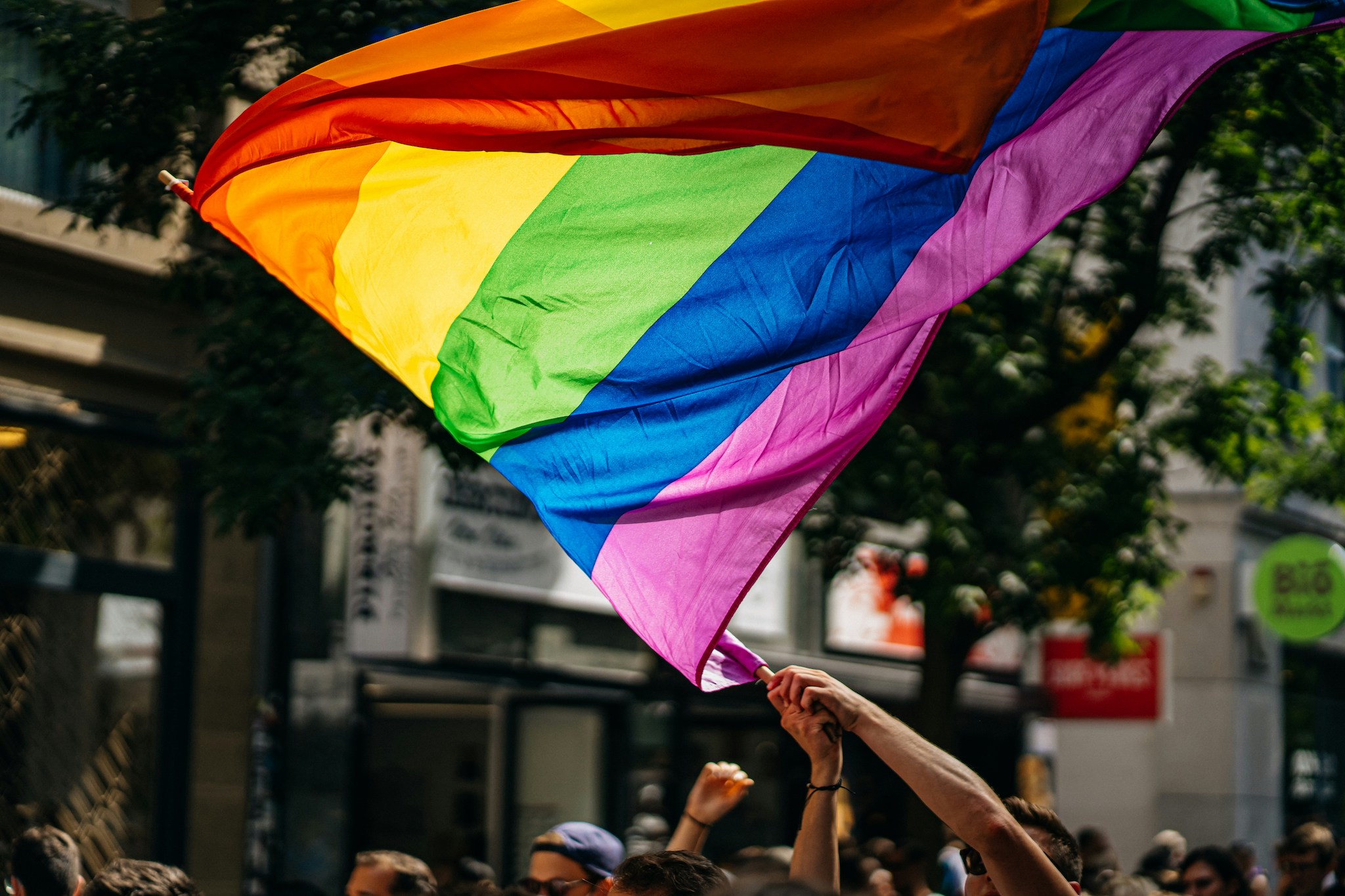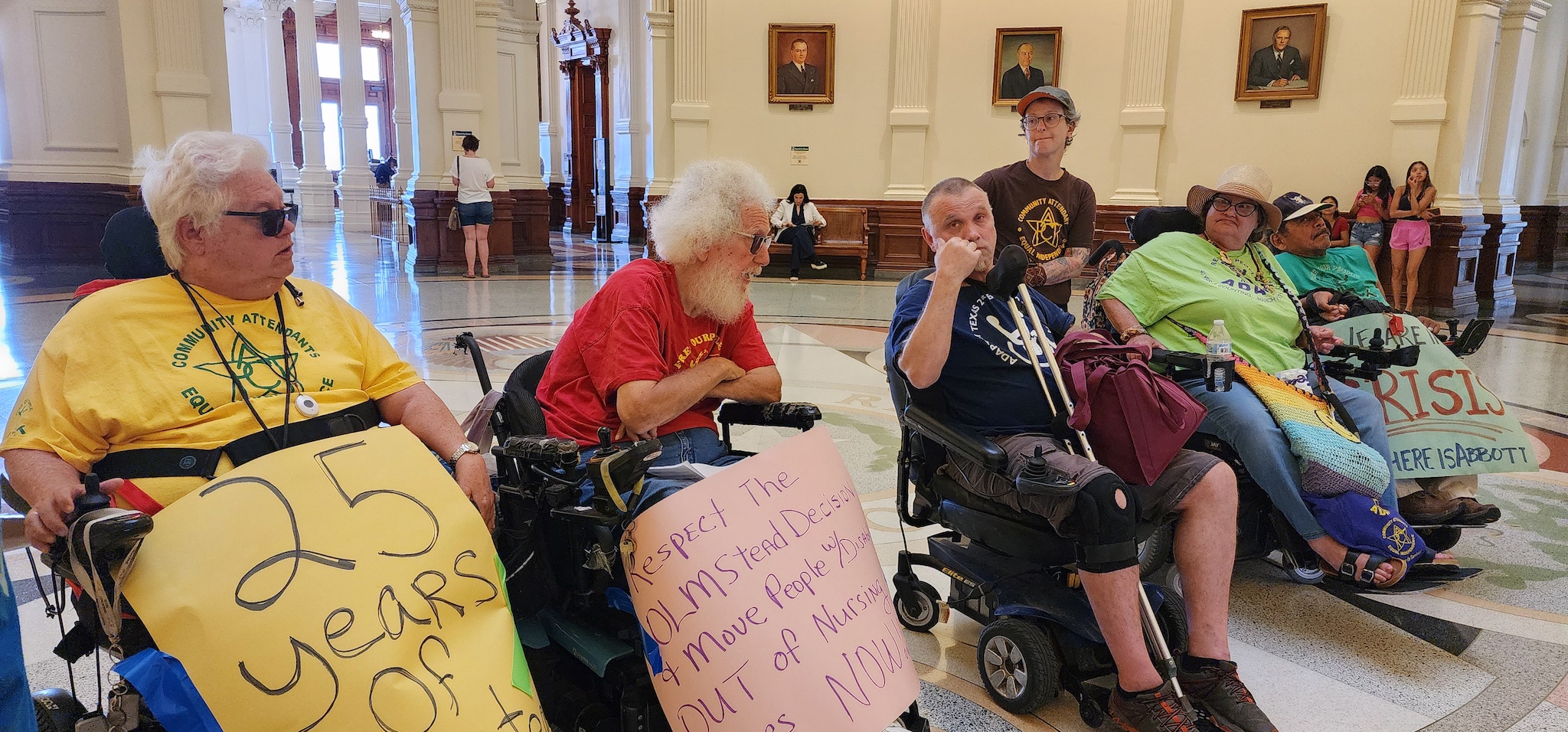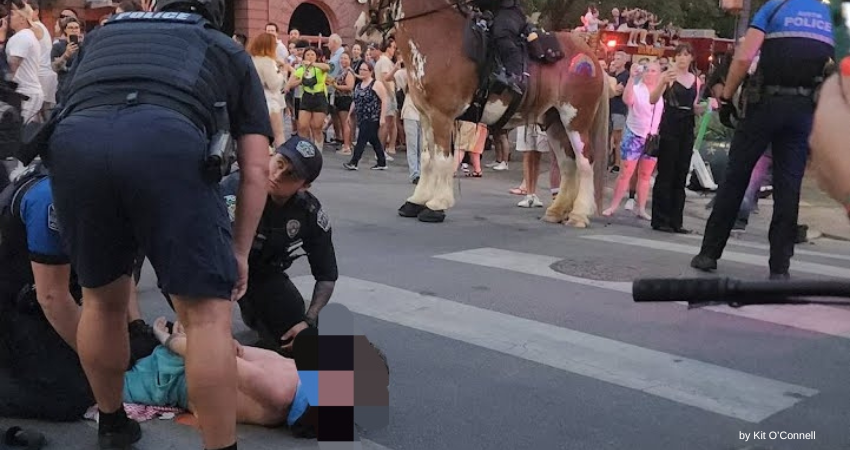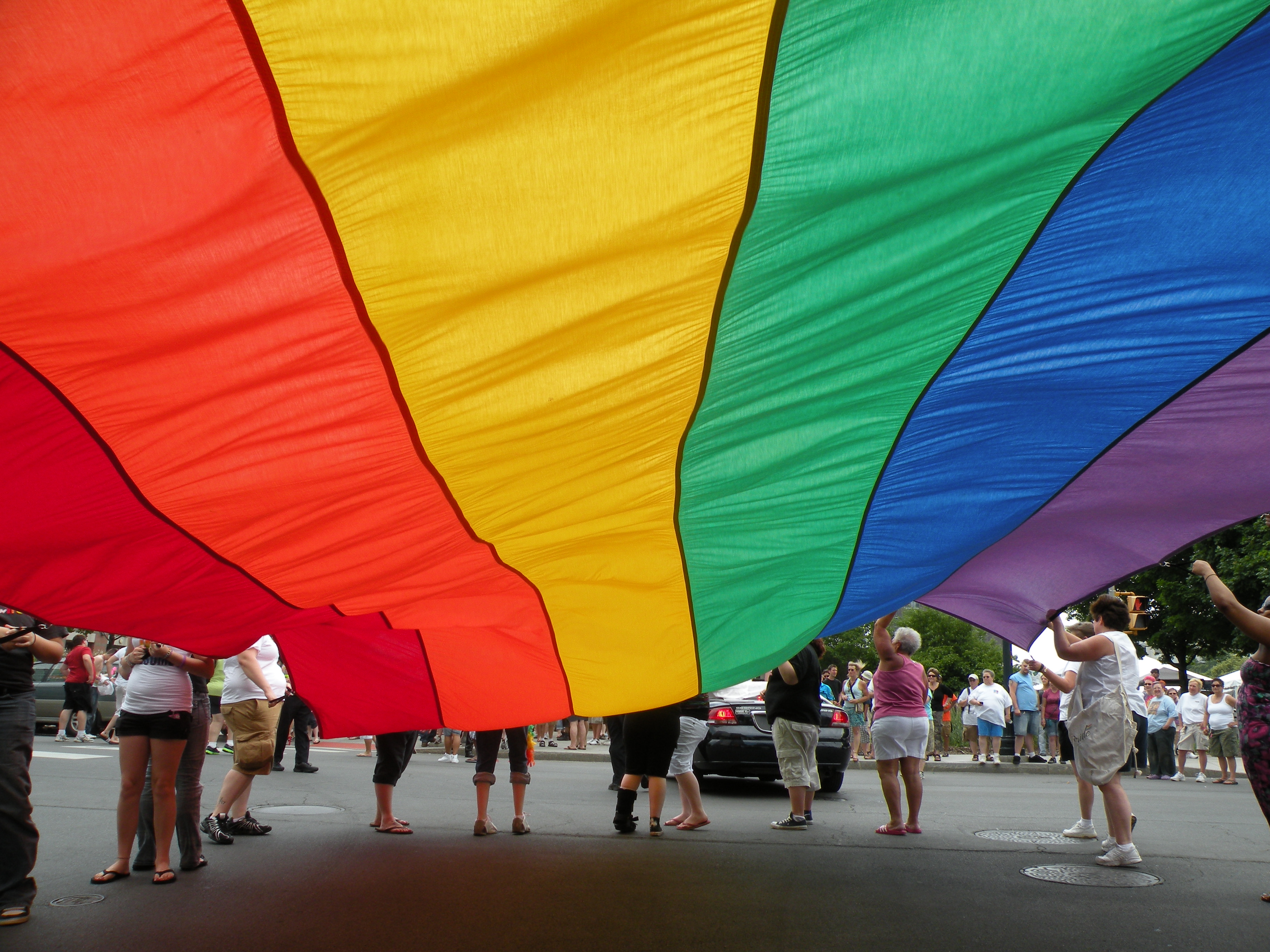A national project tracking anti-LGBTQ+ hate found dozens of homophobic and transphobic incidents in Texas during 2024, ranging from physical assaults to stolen Pride flags, though the most common type of incident were protests by right-wing extremists, often outside of drag events. The database, compiled by the Anti-LGBTQ+ Extremism Reporting Tracker (ALERT) Desk, a project of the LGBTQ+ advocacy group GLAAD, also recorded a wave of dozens of bomb threats, including several in Texas.
In all, the ALERT Desk logged 918 anti-LGBTQ+ incidents nationwide last year, of which 61 took place in our state. Only New York, with 61, and California, with 125, had as many or more hate incidents.
Nationally, that averages out to about 2.5 incidents per day in 2024. Almost half of the incidents (48 percent) targeted transgender, nonbinary, or other gender-nonconforming people. The ALERT Desk compiles incidents from mainstream and independent media, as well as through direct reports, social media, and monitoring of extremists’ online communications. The Texas Observer was granted access to a full list of incidents reported in Texas.



